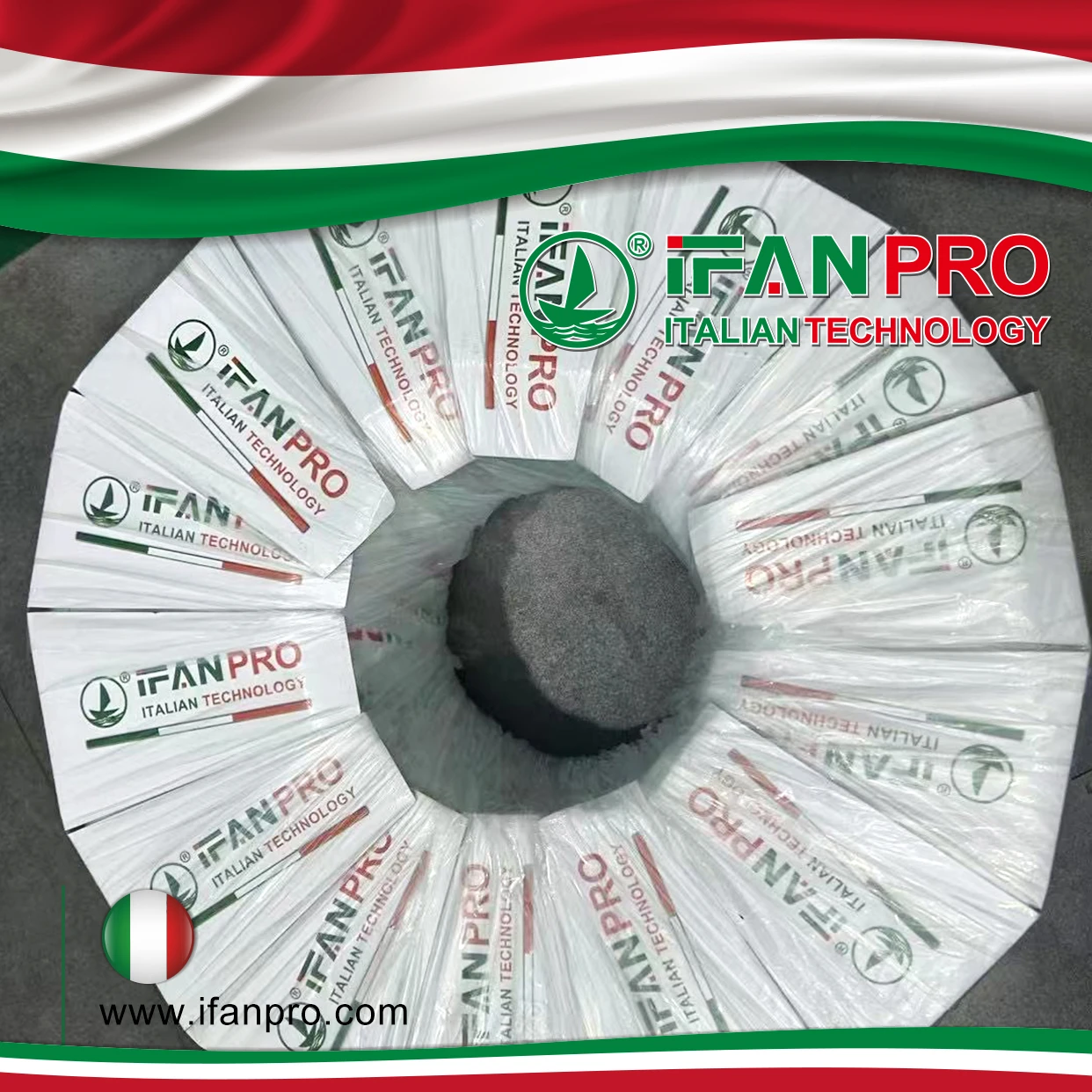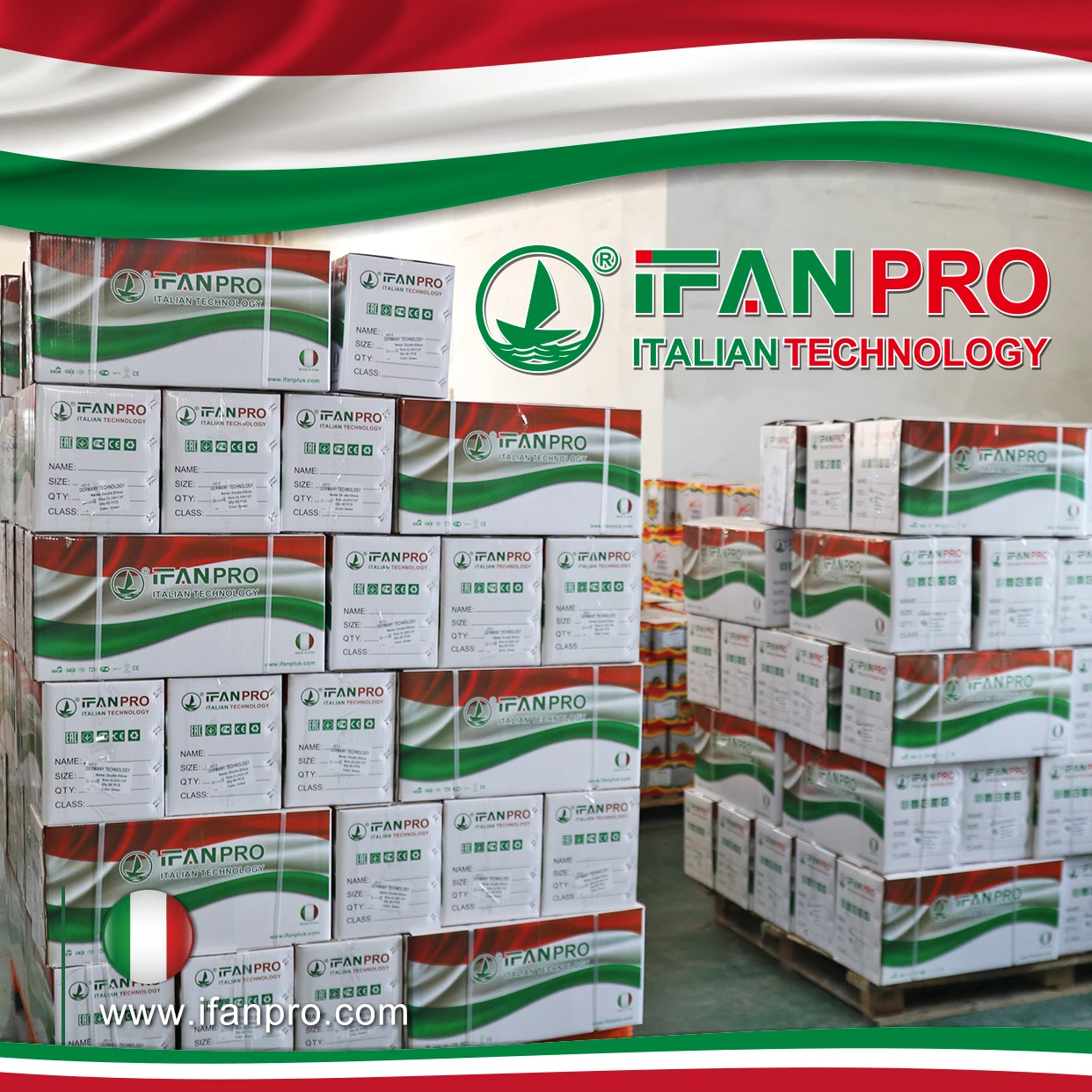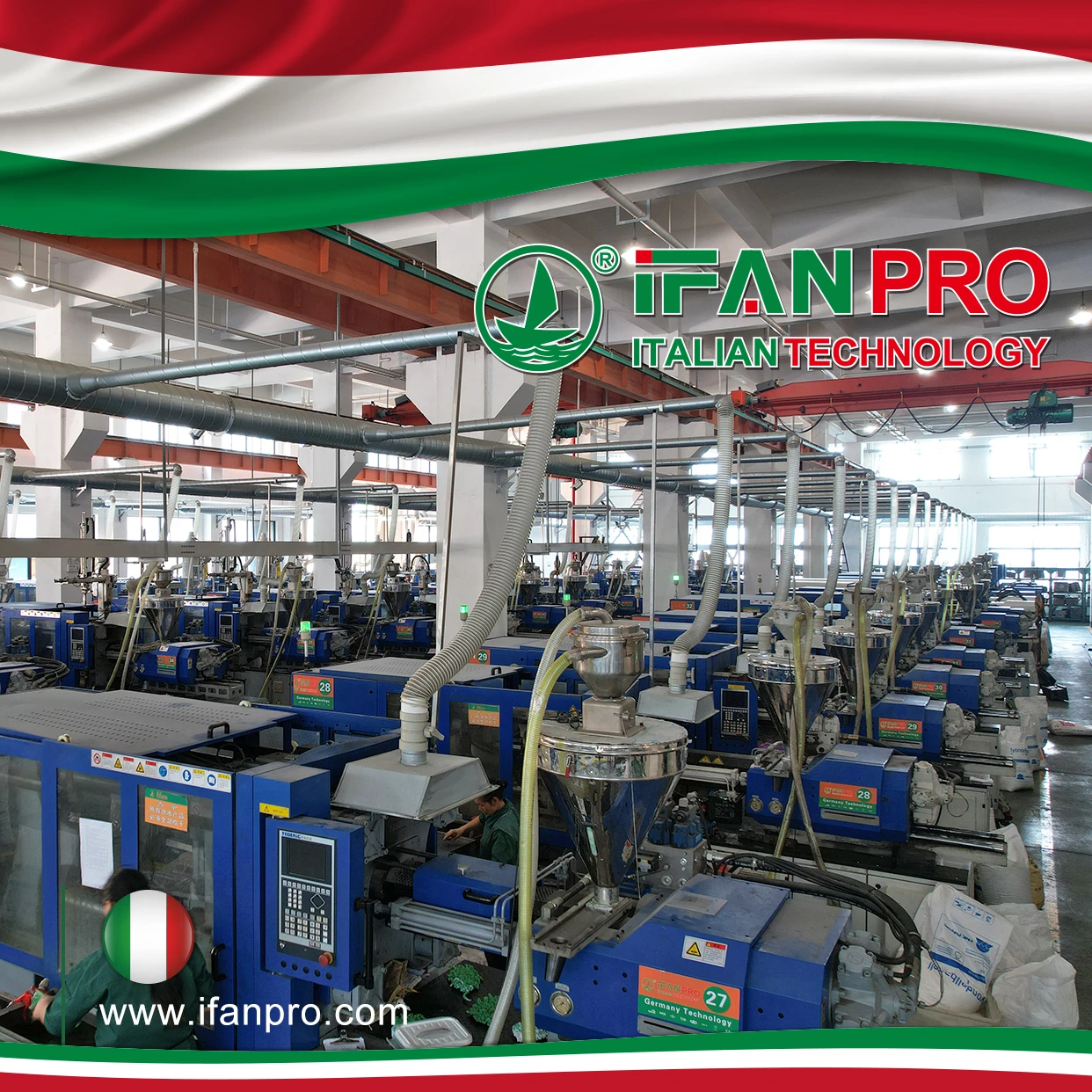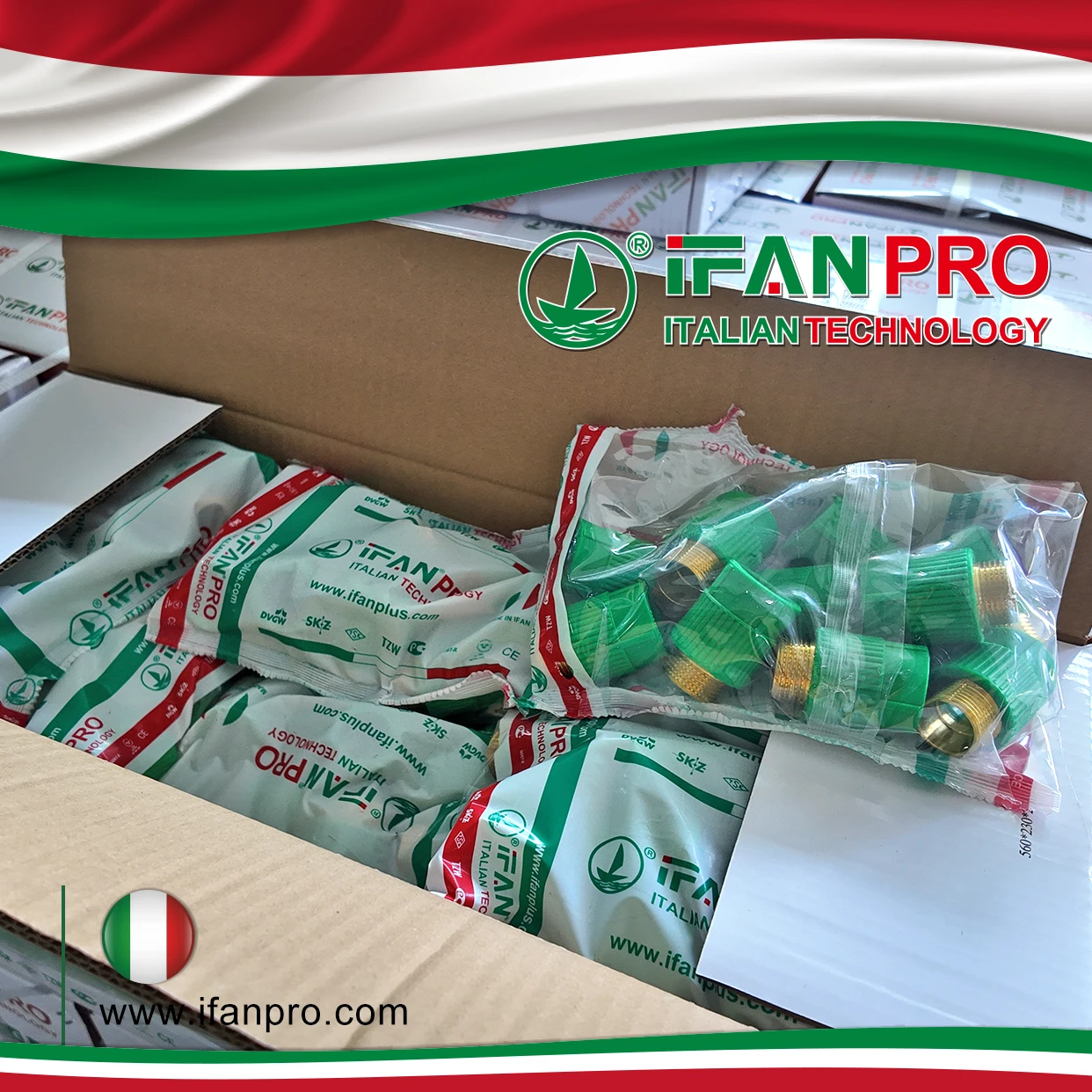After a major project was delayed due to substandard pipes from an unvetted supplier, our company developed a comprehensive evaluation system that has since eliminated material quality issues across 200+ projects. This experience taught me that supplier selection can make or project success.
The five critical factors in selecting pipe suppliers include quality assurance capabilities, technical support reliability, supply chain stability, certification compliance, and industry experience. These elements collectively determine whether a supplier can deliver consistent quality, provide adequate support, maintain timely deliveries, meet regulatory requirements, and understand project-specific challenges.
Choosing the right supplier requires looking beyond price to evaluate long-term partnership potential. Furthermore, understanding how each factor impacts project outcomes helps make informed decisions. Now, let’s examine each critical factor in detail.
How Do You Evaluate a Supplier’s Quality Assurance and Testing Capabilities?

When we discovered inconsistent wall thickness in pipes from a supposedly “quality” supplier, we implemented a rigorous evaluation process that now includes unannounced factory audits and independent third-party testing to verify supplier claims.
Evaluate quality assurance through factory audit reports, testing equipment verification, quality control documentation, and sample testing results. Look for suppliers with ISO 9001 certification, comprehensive testing protocols, statistical process control implementation, and transparent quality performance data sharing.
Quality Assessment Framework
A systematic approach to quality evaluation involves multiple verification methods:
Manufacturing Process Controls
Reputable suppliers implement robust process controls including raw material inspection protocols, in-process quality checks at each production stage, finished product testing procedures, and detailed documentation of all quality-related activities. These controls ensure consistency throughout manufacturing.
Testing Capabilities Verification
Assess whether suppliers maintain adequately equipped testing laboratories with calibrated equipment. Specifically, look for hydrostatic testing machines, impact testers, dimensional measurement tools, and material composition analyzers. Additionally, verify that testing frequency meets or exceeds industry standards.
Quality Performance Metrics
Request concrete quality data including first-pass yield rates, customer return percentages, and compliance with dimensional tolerances. Reliable suppliers willingly share this information and often provide quality performance reports demonstrating continuous improvement over time.
Quality Verification Checklist
Use this practical framework during supplier evaluation:
| Evaluation Area | Key Indicators | Red Flags | Verification Method |
|---|---|---|---|
| Certificaciones | Valid ISO 9001, relevant product certifications | Expired certificates, no third-party validation | Certificate review, issuing body verification |
| Testing Equipment | Modern, calibrated equipment | Outdated machinery, no calibration records | Factory audit, equipment inspection |
| Quality Documentation | Detailed QC records, traceability | Incomplete records, no batch tracking | Document review, sample tracking |
| Performance Data | Low defect rates, quality trends | High rejection rates, inconsistent quality | Quality reports, customer references |
What Makes a Supplier’s Technical Support and Project Management Reliable?

A complex industrial project was saved from costly delays when our pipe supplier’s technical team proactively identified a compatibility issue and provided engineered solutions before installation began, demonstrating the immense value of quality technical support.
Reliable technical support requires qualified engineering staff, responsive communication systems, practical installation guidance, and proactive problem-solving. Effective project management needs dedicated coordinators, clear documentation, milestone tracking, and risk mitigation strategies throughout project execution.
Technical Support Excellence
Several factors distinguish exceptional technical support:
Engineering Expertise
The best suppliers employ degreed engineers with specific piping system experience who understand both product capabilities and application requirements. These professionals provide value through material selection guidance, installation best practices, and troubleshooting support when challenges arise.
Responsive Support Systems
Look for suppliers offering multiple contact methods including direct technical hotlines, email support with guaranteed response times, and site visit availability when necessary. The most reliable providers assign dedicated technical contacts for significant projects to ensure consistency.
Educational Resources
Quality suppliers invest in creating detailed technical manuals, installation guides, specification sheets, and application notes. Additionally, they may offer training sessions for installation teams, ensuring proper handling and installation of their products.
Project Management Reliability
Effective project management demonstrates several key characteristics:
Communication Protocols
Successful suppliers establish clear communication channels with regular update schedules, defined escalation paths for issues, and single points of contact for streamlined coordination. This structure prevents misunderstandings and ensures timely information flow.
Documentation Standards
Comprehensive project documentation includes detailed submittals, material test reports, shipment tracking, and as-built documentation where required. Meticulous documentation facilitates approvals and provides valuable records for future maintenance.
Proactive Approach
The most reliable suppliers anticipate potential challenges including shipping delays, custom requirements, and site-specific installation issues. They develop contingency plans and communicate potential concerns early, allowing for preventive measures.
Why Is Supply Chain Stability Crucial When Selecting Pipe Suppliers?

During recent global supply chain disruptions, projects using suppliers with diversified manufacturing and inventory strategies experienced 80% fewer delays compared to those relying on single-source providers, highlighting the critical importance of supply chain resilience.
Supply chain stability ensures consistent material availability, prevents project delays, maintains quality consistency, and provides cost predictability. Suppliers with robust supply chains maintain strategic inventory levels, diversify sourcing options, and implement contingency plans to mitigate disruption risks.
Supply Chain Evaluation Elements
Assess these critical components when evaluating supplier stability:
Manufacturing and Inventory Strategy
Reliable suppliers maintain strategic inventory levels of standard products while implementing flexible manufacturing processes for custom items. They typically operate multiple production facilities across different regions to mitigate regional disruption risks and provide redundancy.
Raw Material Sourcing
The most stable suppliers establish long-term relationships with raw material providers, implement multi-source sourcing strategies for critical components, and maintain raw material inventory buffers to handle market fluctuations. These practices ensure consistent production capacity.
Logistics and Distribution
Evaluate whether potential suppliers own their logistics operations or partner with reliable transportation providers. Key indicators include multiple shipping options, warehouse distribution networks, and proven track records for on-time delivery across different regions.
Stability Assessment Metrics
Measure supply chain reliability using these indicators:
| Performance Metric | Excellent Performance | Acceptable Range | Concerning Indicator |
|---|---|---|---|
| On-time Delivery Rate | >98% | 95-98% | <95% |
| Order Accuracy | >99.5% | 98-99.5% | <98% |
| Lead Time Consistency | ±3% variance | ±5-7% variance | >±10% variance |
| Inventory Availability | >96% for standards | 90-95% for standards | <90% for standards |
How Do Certifications and Compliance Affect Your Supplier Selection Process?

We once had to replace an entire shipment of pipes that lacked proper certification for a regulated application, learning the hard way that certification verification is not just paperwork but essential risk management.
Certifications and compliance demonstrate independent verification of quality standards, regulatory adherence, and product suitability for specific applications. Prioritize suppliers with relevant ISO certifications, product-specific approvals (NSF, UL, FM), environmental compliance, and industry-specific credentials for your projects.
Critical Certification Types
Different certifications address various aspects of supplier reliability:
Quality Management Certifications
ISO 9001 certification indicates established quality management systems, while industry-specific quality certifications address particular product categories. Additionally, manufacturer-specific qualification programs often include additional requirements beyond basic standards.
Product and Material Certifications
NSF/ANSI 61 certification is essential for potable water applications, UL listings verify suitability for electrical applications, and FM approvals indicate compliance with insurance requirements for fire protection systems. These specific certifications ensure products meet application requirements.
Environmental and Safety Compliance
ISO 14001 certification demonstrates environmental management commitment, while OHSAS 18001 or ISO 45001 indicate workplace safety prioritization. Regional environmental compliance such as REACH in Europe shows adherence to chemical regulations.
Compliance Verification Process
Implement a rigorous verification system:
Documentation Review
Request current certification copies with visible expiration dates, verify certification scope covers relevant products, confirm issuing bodies are accredited, and check for any certification suspensions or withdrawals in the supplier’s history.
Performance Validation
Review audit reports and corrective action records, analyze product testing frequency and results, verify material traceability systems, and confirm compliance with industry-specific standards through third-party validation where possible.
Continuous Monitoring
Establish processes for tracking certification expiration dates, monitoring for standards changes affecting compliance, conducting periodic supplier audits, and requiring notification of any certification status changes.
How Does Industry Experience and References Influence Supplier Selection?

When evaluating suppliers for a specialized chemical processing facility, we prioritized those with proven experience in similar applications, which resulted in superior technical recommendations and significantly fewer installation issues compared to less experienced alternatives.
Industry experience provides practical application knowledge, problem-solving capabilities, and understanding of unique project requirements. Suppliers with relevant project experience typically offer better technical guidance, anticipate potential challenges, and provide more reliable solutions based on proven performance in similar applications.
Experience Evaluation Methods
Assess supplier experience through multiple channels:
Project History Review
Request examples of similar projects in scope and complexity, verify duration of operation in your specific industry, examine diversity of application experience, and review project scale capabilities from small repairs to major installations.
Reference Validation
Contact provided references directly with specific questions, seek unprompted references from your industry network, inquire about performance during challenging situations, and verify long-term product performance through projects completed several years ago.
Technical Capability Assessment
Evaluate understanding of industry-specific challenges, assess knowledge of applicable standards and regulations, review innovation in solving unique problems, and verify technical documentation quality and completeness.
Experience Assessment Framework
Use this structured approach to evaluate supplier experience:
| Experience Area | Evaluation Questions | Strong Indicators | Warning Signs |
|---|---|---|---|
| Industry Specific | How many similar projects completed? | Detailed case studies, specific challenges discussed | Vague responses, irrelevant examples |
| Conocimientos técnicos | What unique solutions provided? | Custom engineering examples, patent documentation | Standard solutions only, no innovation |
| Project Scale | Largest project volume handled? | Appropriate scaling examples, large project references | Inability to handle projected volumes |
| Problem Resolution | How were past challenges addressed? | Systematic approach documentation, preventive measures | Defensive responses, blame shifting |
Conclusión
Selecting the right pipe supplier requires comprehensive evaluation of quality systems, technical capabilities, supply chain stability, certification compliance, and relevant industry experience. By systematically assessing these five critical factors through documentation review, reference checks, and performance verification, professionals can establish partnerships that deliver consistent quality, reliable support, and long-term value while minimizing project risks and ensuring successful outcomes.













Comentarios recientes